Current progress
The project achieved implementation completion in March 2023.

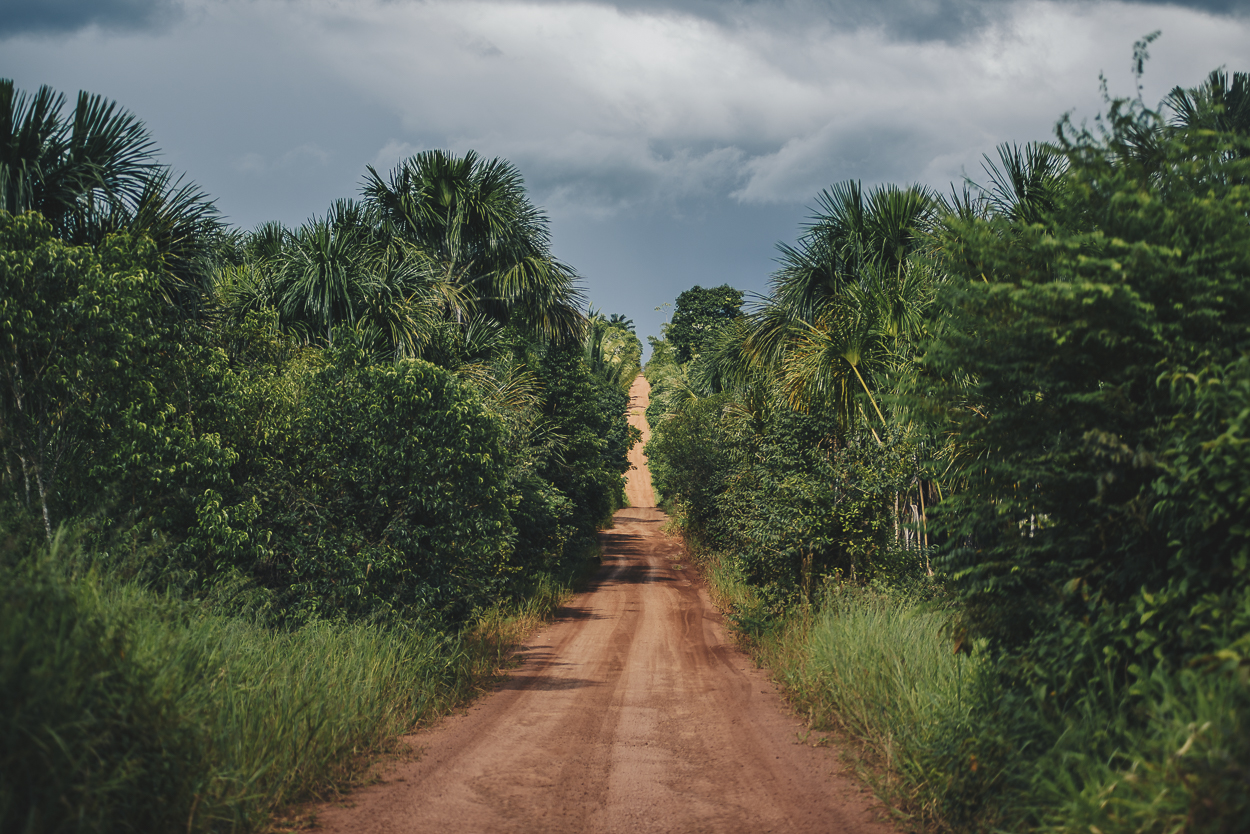
Located in Amazonas state in Brazil, Café Apuí simultaneously fosters forests in the Amazon while promoting sustainable agroforestry practices. Carried out in partnership with the Institute of Conservation and Sustainable Development of the Amazon (IDESAM), the project will support responsible agriculture and generate income for roughly 30 local family producers.
hectares under restoration
tons of CO2 removed over the projects lifetime
native seedlings planted
total tree restoration
The project achieved implementation completion in March 2023.
The Café Apuí Agroforestry Project was designed to produce an alternative source of income for traditional coffee producers while implementing more sustainable coffee production in the region, free of agrochemicals and preservatives. Workshops and courses are provided, training producers on how to implement and manage shaded crops, prioritizing the interaction between a production system and forest, with the producers as environmental stewards.
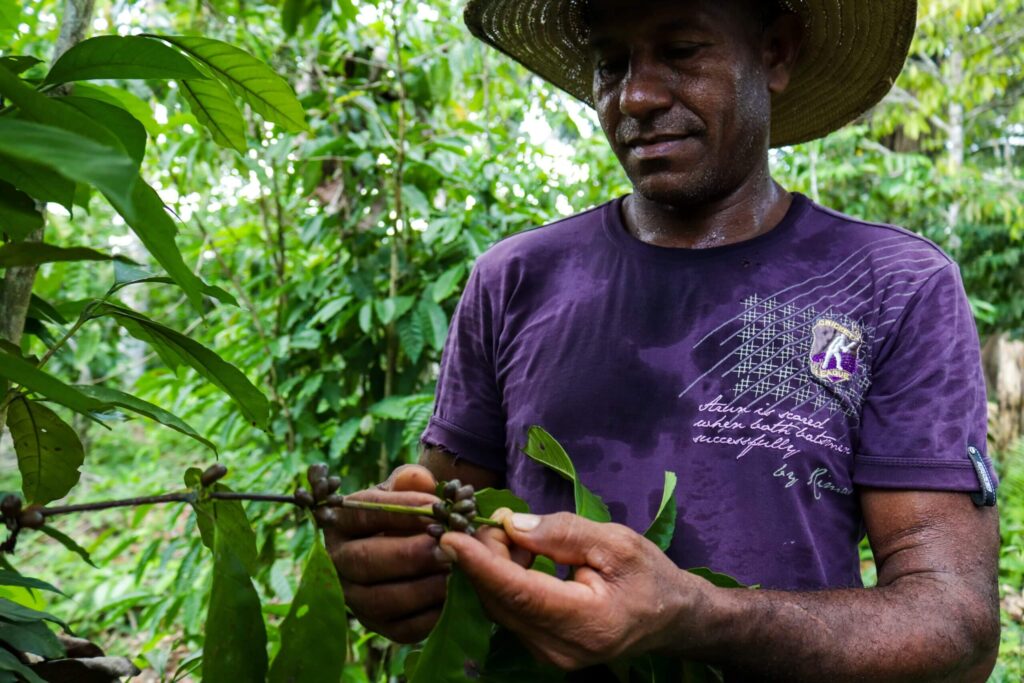
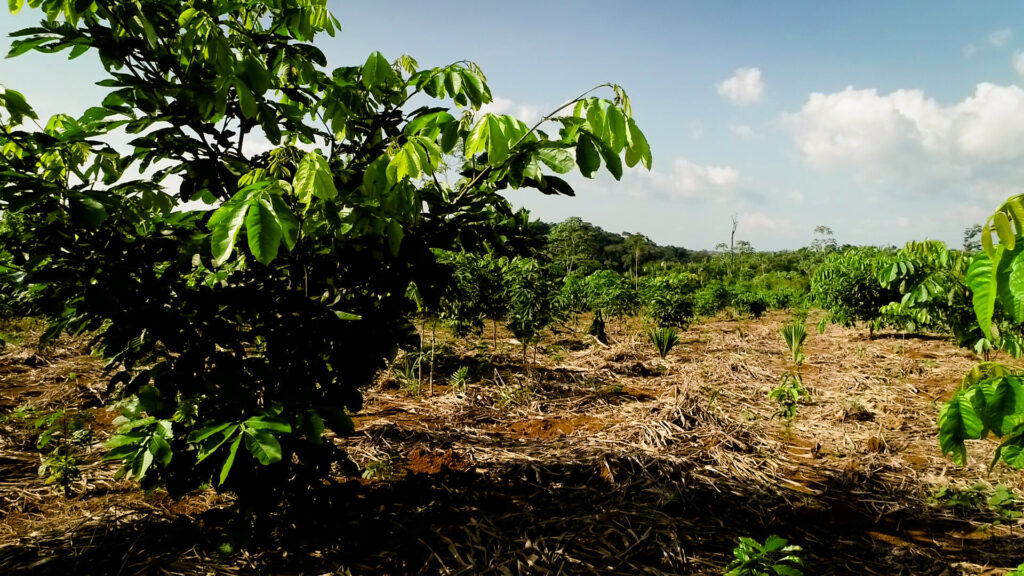
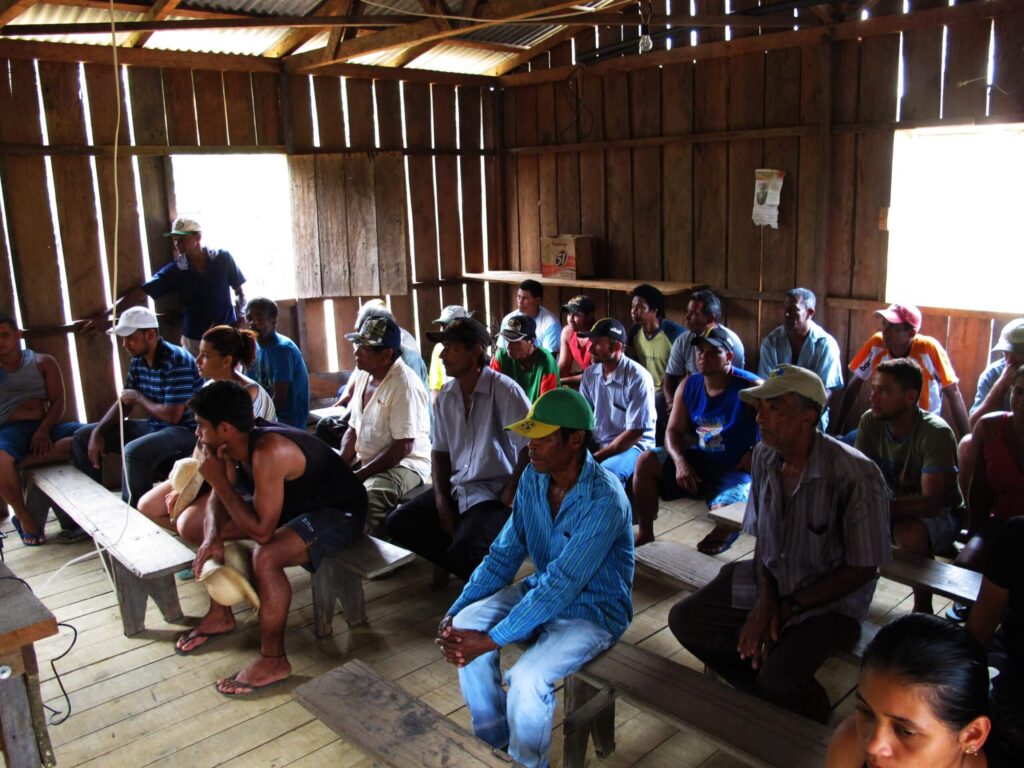
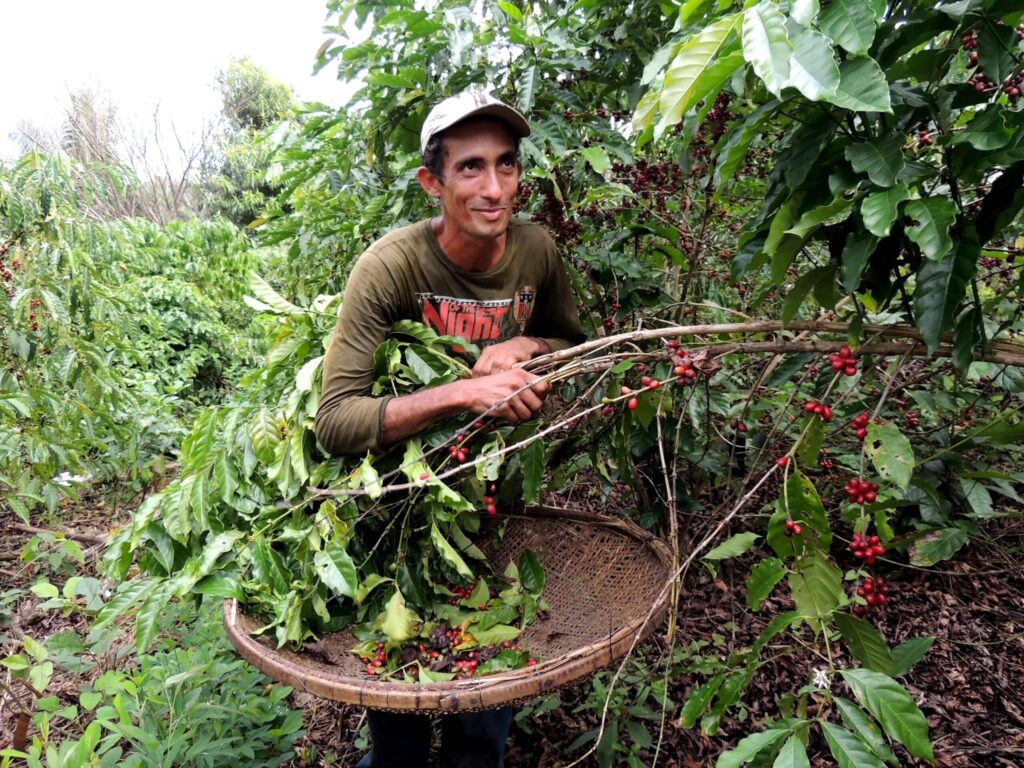
In addition to planting trees, regenerative practices through agroforestry systems can restore degraded lands and protect native biodiversity, while simultaneously creative diverse sources of income and providing sustainable food sources for local families. This smaller footprint approach that directly engages local producers provides an outsized impact, directly addressing one of the primary deforestation pressures in the region.
Using technology every step of the way, Pachama helps leading companies invest directly in high-quality reforestation projects with unprecedented transparency and accuracy. Pachama uses Light Detection and Ranging technology (LiDAR) to characterize the structure of the trees before planting, serving as a baseline for future carbon measurement. Pictured below is the LiDAR baseline gathered from the Fazenda Santa Rosa farm. Over the next few decades, remote sensing will be continuously deployed to measure forest growth and estimate the carbon sequestered.
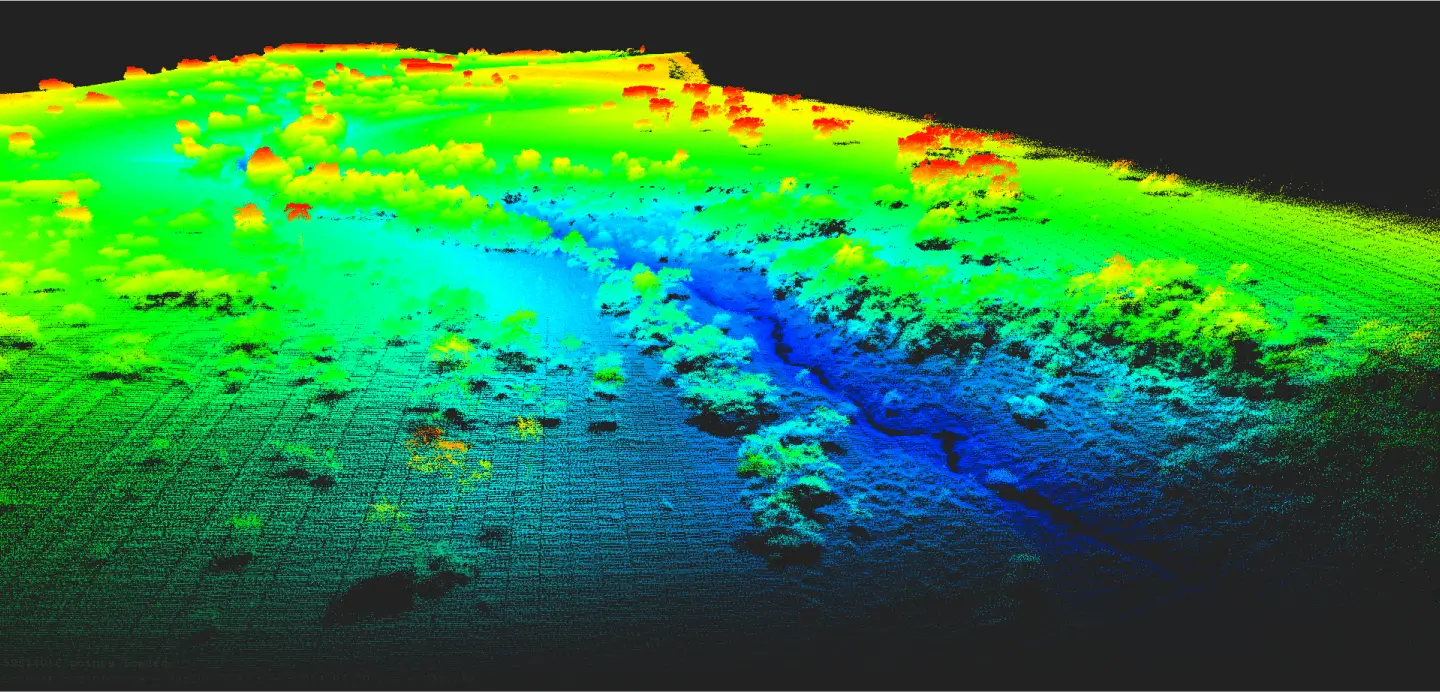
Talk to Gaia, Pachama's AI
guide for anything